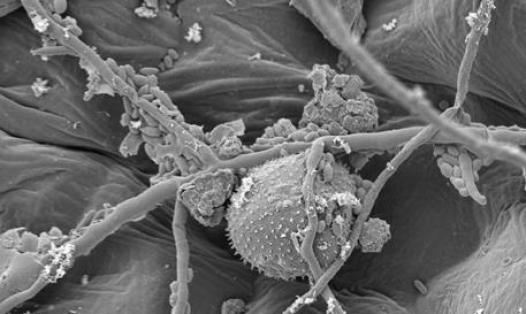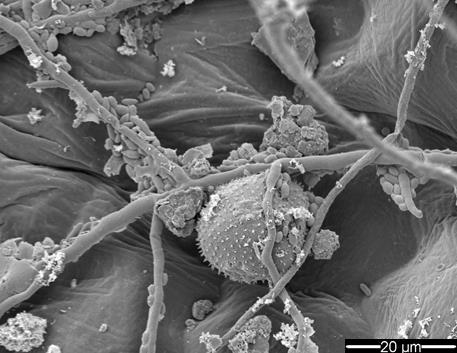


Abstract We have shown that the plant immune response causes a dramatic disturbance of the above- ground “phyllosphere” microbial community. Functional modelling of the impact of this change predicts a negative cost to plant health as a result. This project aims to test this impact, examining disease resistance in the crop plant, Brassica rapa, in which immune pathways are triggered through hormone application, and to examine the effects of SynCom supplementation via the application of either representative beneficial or disrupted microbial communities. The ultimate goal would be the development of a complementary agricultural solution for microbiome restoration following disease outbreak.